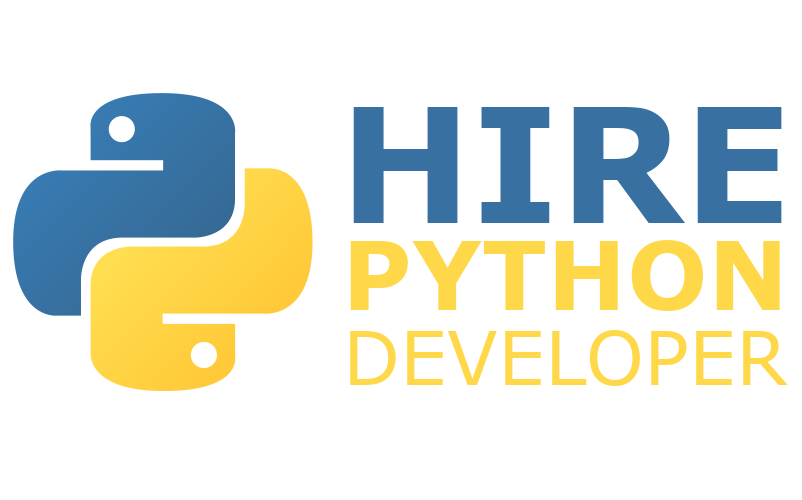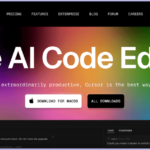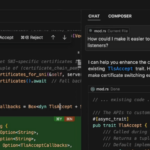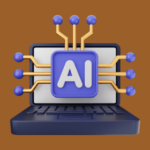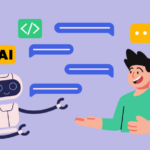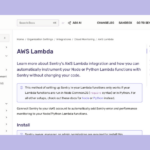Ever pondered upon Does Google hire Python developers? Well, you’re in for an enlightening journey.

Beginnings of Python at Google (1996)
Back in August 1996, when Google was but a young internet start-up, they decided to use Python as one of their three ” languages”. Others included C++ and Java. Guido van Rossum, the creator of Python, joined Google in 2005.
This bold move solidified Python’s status at Google, while simultaneously raising eyebrows in the tech world. Google’s bet on Python was important.
Key takeaway: Google’s early adoption of Python set a precedent for other companies.
Exemplify: Google’s search algorithm, initially written in Java and Python.
Pro tip: If you’re aiming to work at Google, learning Python could give you a leg up.
Pros: Google’s adoption boosted Python’s popularity.
Cons: Other languages might be more efficient for certain tasks.
Stat: Python was one of Google’s 3 official languages since 1999.
Google’s Growing Use of Python
Google began to encourage Python for its readability and simple syntax. They believed that Python enabled their developers to work faster and more effectively. Google started using Python for building many tools and platforms.
Key takeaway: Google’s use of Python expanded due to its simplicity and effectiveness.
Exemplify: Google App Engine, launched in 2008, supported Python.
Pro tip: Google values the simplicity and readability of Python.
Pros: Python’s simplicity leads to faster development times.
Cons: Python might not be the best fit for all of Google’s projects.
Python in Google’s Interview Process
Google incorporated Python into their interview process, recognizing Python’s growing influence. Candidates were expected to code in Python during interviews. Does Google allow Python in interviews? Indeed, they do.
Key takeaway: Python knowledge can help candidates during Google interviews.
Exemplify: Candidates are often asked to solve problems using Python in interviews.
Pro tip: Brush up on your Python skills before a Google interview.
Python Developer Roles and Salaries at Google
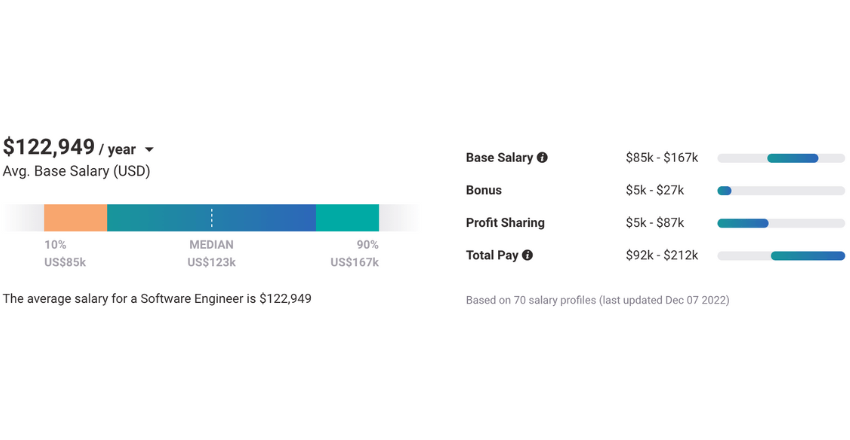
Today, Google hires Python developers for various roles, including back-end and full-stack development. Python developer Google salary ranges from $92k – $212k according to Payscale, while full stack developer Google salary ranges from $117k to $161k. Google offers competitive salaries for Python developers.
Key takeaway: Google hires Python developers and offers competitive salaries.
Exemplify: Python developers at Google work on backend systems, data analysis, and more.
Pro tip: A wide variety of Python developer roles are available at Google.
Pros: Competitive salaries and various roles make Google a wonderful place for Python developers.
Cons: The competition for Python developer roles at Google is fierce.
Does FAANG Hire Python Developers?
As for the broader question, Does FAANG hire Python developers?, the answer is a resounding yes. All FAANG companies – Facebook, Amazon, Apple, Netflix, and Google – hire Python developers. Google is not alone in recognizing Python’s strengths.
**Key takeaway: FAANG companies widely employ Python developers.
Exemplify: Python is used at Facebook for infrastructure management, at Amazon for data analysis, at Apple for artificial intelligence, and at Netflix for data science.
Pro tip: If you’re a Python developer, FAANG companies, including Google, offer great opportunities.
Pros: Python developers have a wide range of opportunities in FAANG companies.
Cons: High demand could mean increased competition for Python roles at these companies.
Stat: All FAANG companies utilize Python in various capacities.
Google’s Internal Python Tools
These tools streamlined workflows, improved productivity, and enhanced collaboration among teams. A key example is Mondrian, a code review tool created by Guido van Rossum himself.
Key takeaway: Google has invested significantly in creating internal Python tools.
Exemplify: Mondrian, an internal code review tool, was developed using Python.
Pro tip: Understanding how Python can be used to build effective tools could be an asset at Google.
Pros: Python’s adaptability makes it ideal for creating a variety of internal tools.
Cons: Some of these tools have specific use-cases, limiting their application.
Python in Google Cloud Services
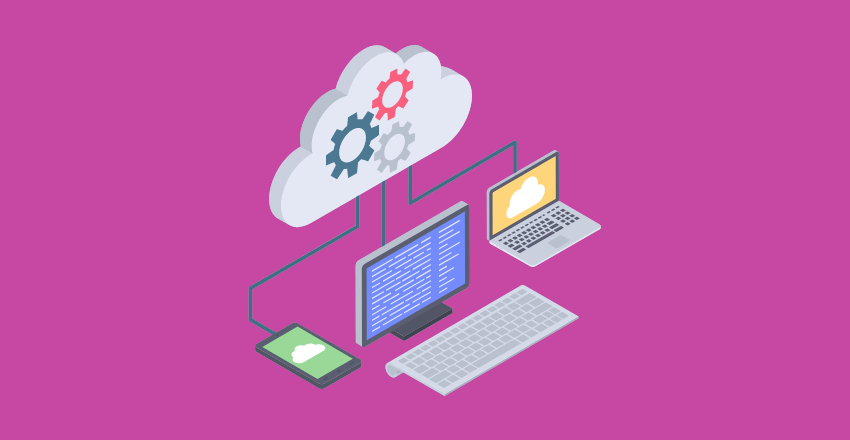
On Monday, April 7, 2008 Google pushed to make Python a first-class citizen in Google Cloud Services. Python’s ability to handle data manipulation and analysis tasks made it an excellent fit for cloud computing. Google Cloud Storage and Google BigQuery, two key Google Cloud services, provided Python SDKs, enabling developers to interact with these services using Python.
Key takeaway: Python is integral to Google’s cloud services.
Exemplify: Google Cloud Storage and Google BigQuery both offer Python SDKs.
Pro tip: Knowledge of Python can be beneficial when working with Google’s cloud services.
Pros: Python’s data handling capabilities make it ideal for cloud computing.
Cons: Other languages like Java and Go are also prominent in Google’s cloud services.
Python in Google’s Machine Learning and AI (2016 – Present)
In recent years, Python has become the de facto language for artificial intelligence and machine learning, and Google is no exception. TensorFlow, Google’s open-source machine learning framework, is Python-first. Google’s decision reflects Python’s prominence in the machine learning community.
Key takeaway: Python is critical in Google’s machine learning and AI initiatives.
Exemplify: TensorFlow, Google’s machine learning framework, is Python-first.
Pro tip: Python is a must-learn for anyone interested in machine learning and AI at Google.
Pros: Python’s extensive machine learning and AI libraries make it the preferred choice.
Cons: Python’s performance isn’t always the best for large-scale machine learning applications.
Google Python Developer Jobs and the Future
Looking forward, google python developer jobs are projected to grow. As Google continues to innovate, they will need more Python developers.
Key takeaway: The future is bright for Python developers at Google.
Exemplify: Google’s expansion into AI, machine learning, and cloud services will require more Python developers.
Pro tip: Keep an eye on Google’s career page for Python developer job postings.
Pros: The demand for Python developers at Google is expected to grow.
Cons: As Google’s needs evolve, the roles of Python developers may change.
Stat: Job postings for Python developers at Google have been steadily increasing.
In Conclusion: Does Google Hire Python Developers?
Yes, Google does hire Python developers. Since their early days, Google has recognized Python’s potential and incorporated it into their operations. Whether you’re curious about Google’s interview process or the potential salary, understanding Google’s relationship with Python can be valuable.
Reflecting on the journey, it’s clear that Python has been a steady companion for Google. From the early adoption in 1996 to its use in interviews and various developer roles, Python holds a significant place at Google. As the Python language continues to evolve, so too will its role and presence at Google.
Matthew is a technical author with a passion for software development and a deep expertise in Python. With over 20 years of experience in the field, he has honed his skills as a software development manager at prominent companies such as eBay, Zappier, and GE Capital, where he led complex software projects to successful completion.
Matthew’s deep fascination with Python began two decades ago, and he has been at the forefront of its development ever since. His experience with the language has allowed him to develop a keen understanding of its inner workings, and he has become an expert at leveraging its unique features to build elegant and efficient software solutions.
Matthew’s academic background is rooted in the esteemed halls of Columbia University, where he pursued a Master’s degree in Computer Science.
As a technical author, Matthew is committed to sharing his knowledge with others and helping to advance the field of computer science. His contributions to the scientific computer science community are invaluable, and his expertise in Python development has made him a sought-after speaker and thought leader in the field.
